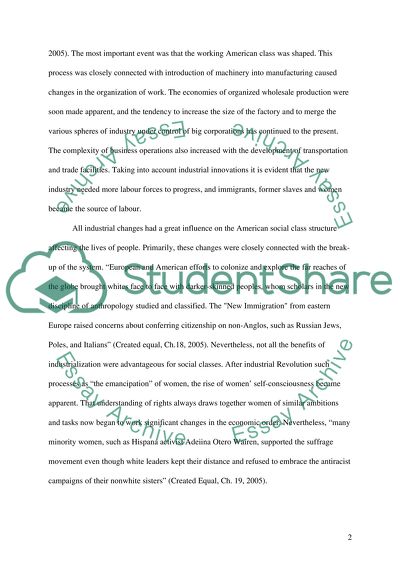Cite this document
(The Impact of Industrialization Term Paper Example | Topics and Well Written Essays - 2000 words, n.d.)
The Impact of Industrialization Term Paper Example | Topics and Well Written Essays - 2000 words. Retrieved from https://studentshare.org/social-science/1527767-american-industrialization-during-the-19th-century
The Impact of Industrialization Term Paper Example | Topics and Well Written Essays - 2000 words. Retrieved from https://studentshare.org/social-science/1527767-american-industrialization-during-the-19th-century
(The Impact of Industrialization Term Paper Example | Topics and Well Written Essays - 2000 Words)
The Impact of Industrialization Term Paper Example | Topics and Well Written Essays - 2000 Words. https://studentshare.org/social-science/1527767-american-industrialization-during-the-19th-century.
The Impact of Industrialization Term Paper Example | Topics and Well Written Essays - 2000 Words. https://studentshare.org/social-science/1527767-american-industrialization-during-the-19th-century.
“The Impact of Industrialization Term Paper Example | Topics and Well Written Essays - 2000 Words”, n.d. https://studentshare.org/social-science/1527767-american-industrialization-during-the-19th-century.


